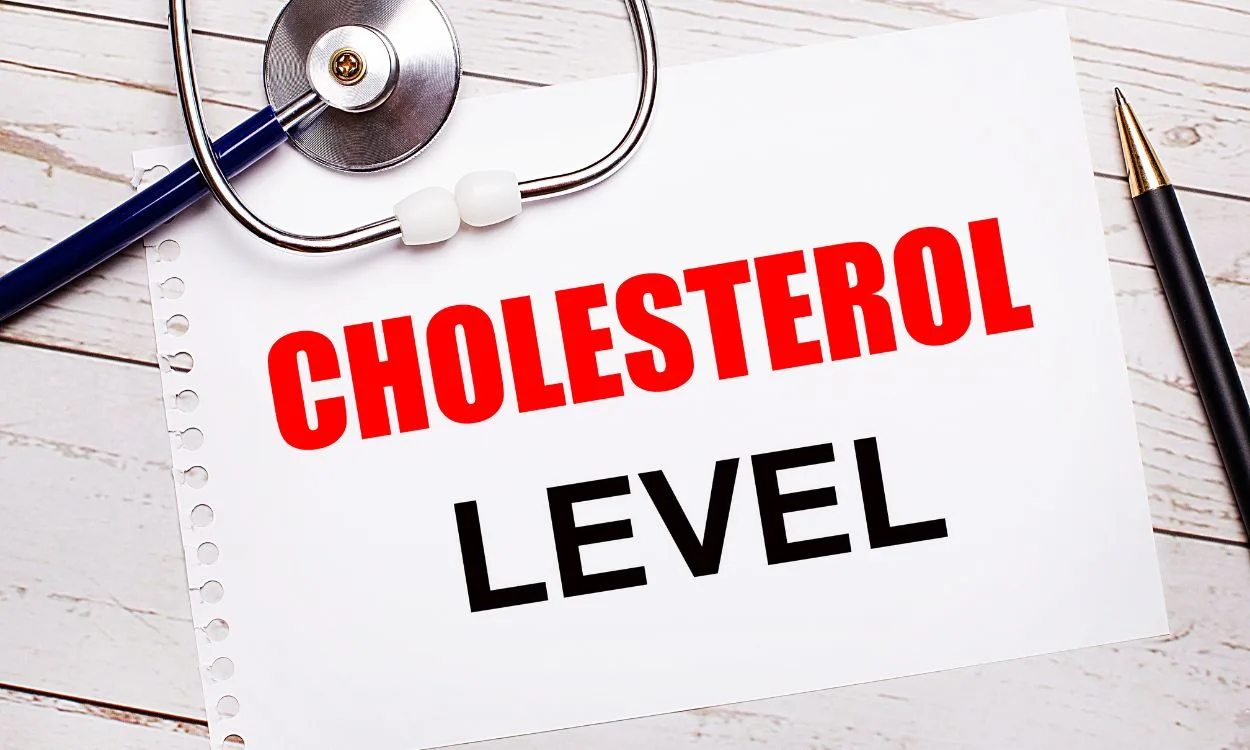What is the Optimal Range for Cholesterol Levels?
Cholesterol is a waxy substance that is found in the bloodstream and is necessary for the production of hormones, Vitamin D, and certain substances that aid in digestion. However, high levels of cholesterol in the blood can lead to various health problems, including heart disease and stroke. Therefore, it is important to maintain cholesterol levels within an optimal range. In this article, we will explore what the optimal range for cholesterol levels is and how it can be achieved.
Understanding Cholesterol Levels
Cholesterol levels are measured using a blood test, which provides information about the different types of cholesterol present in the body. The two main types of cholesterol are:
- Low-density lipoprotein (LDL) cholesterol: Also known as “bad” cholesterol, LDL cholesterol can build up in the arteries and form plaques, leading to the narrowing of blood vessels and increasing the risk of heart disease.
- High-density lipoprotein (HDL) cholesterol: Known as “good” cholesterol, HDL cholesterol helps remove LDL cholesterol from the arteries and transports it to the liver for elimination from the body.
Optimal Range for Cholesterol Levels
The optimal range for cholesterol levels depends on various factors, including an individual’s age, sex, and existing health conditions. However, the following general guidelines can be used as a reference for the Indian population:
- Total cholesterol: The optimal range for total cholesterol is below 200 milligrams per deciliter (mg/dL). Levels between 200-239 mg/dL are considered borderline high, and levels above 240 mg/dL are considered high.
- LDL cholesterol: For individuals at low risk of heart disease, the optimal range for LDL cholesterol is below 130 mg/dL. If an individual has multiple risk factors for heart disease, such as a family history or diabetes, the target LDL cholesterol level may be lower, at or below 100 mg/dL.
- HDL cholesterol: The optimal range for HDL cholesterol is above 40 mg/dL for men and above 50 mg/dL for women. Higher levels of HDL cholesterol are associated with a lower risk of heart disease.
- Triglycerides: Triglycerides are another type of fat found in the blood. The optimal range for triglyceride levels is below 150 mg/dL. Levels between 150-199 mg/dL are considered borderline high, and levels above 200 mg/dL are considered high.
Achieving and Maintaining Optimal Cholesterol Levels
Maintaining optimal cholesterol levels requires a combination of lifestyle changes and, in some cases, medication. Here are some strategies that can help:
- Healthy diet: Adopting a diet that is low in saturated and trans fats can help lower LDL cholesterol levels. Emphasize the consumption of fruits, vegetables, whole grains, lean proteins, and healthy fats like those found in nuts, seeds, and olive oil.
- Regular exercise: Engaging in regular physical activity, such as brisk walking, swimming, or cycling, can help raise HDL cholesterol levels and lower LDL cholesterol levels.
- Weight management: Maintaining a healthy weight or losing excess weight can positively impact cholesterol levels. Losing even a small amount of weight can lead to significant improvements in cholesterol levels.
- Smoking cessation: Smoking damages blood vessels and lowers HDL cholesterol levels. Quitting smoking can improve overall cholesterol levels and reduce the risk of heart disease.
- Medication: In some cases, lifestyle changes alone may not be sufficient to achieve optimal cholesterol levels. In such situations, doctors may prescribe medications, such as statins, to help lower LDL cholesterol.
Introducing the Fitpaa App
Achieving and maintaining optimal cholesterol levels is crucial for overall health and well-being. If you are looking for a comprehensive solution to help you track and manage your cholesterol levels, the Fitpaa app may be the perfect tool for you.
The Fitpaa app is an AI-driven metabolism monitoring and management technology that offers personalized fitness plans, nutrition guidance, and real-time support from a team of experts, including fitness coaches, nutritionists, and doctors. It combines the latest research in lifestyle medicine and behavioral therapy to help you optimize your metabolism and achieve your health and fitness goals.
With the Fitpaa app, you can:
- Take a metabolism assessment to identify the root cause of your health condition.
- Receive a personalized Fitpaa Capsule tailored to your metabolism, health goals, lifestyle, and eating habits.
- Follow your Fitpaa Capsule daily with the help of real-time guidance and monitoring technology.
- Track your progress, access workout sessions, and monitor your diet using the Fitpaa mobile app.
By incorporating the concepts of habit-building, timely nudging, and purpose-finding, Fitpaa’s real-time guidance technology keeps you motivated and inspired throughout your health and fitness journey.
Don’t settle for ordinary solutions when it comes to your health. Experience the transformative power of the Fitpaa app and take control of your cholesterol levels and overall well-being.
Download the Fitpaa app today and start your journey towards a healthier and happier life!
Remember, your well-being is our mission at Fitpaa. We are here to help you achieve your health and fitness goals with guaranteed results. Let’s embark on this journey together!









